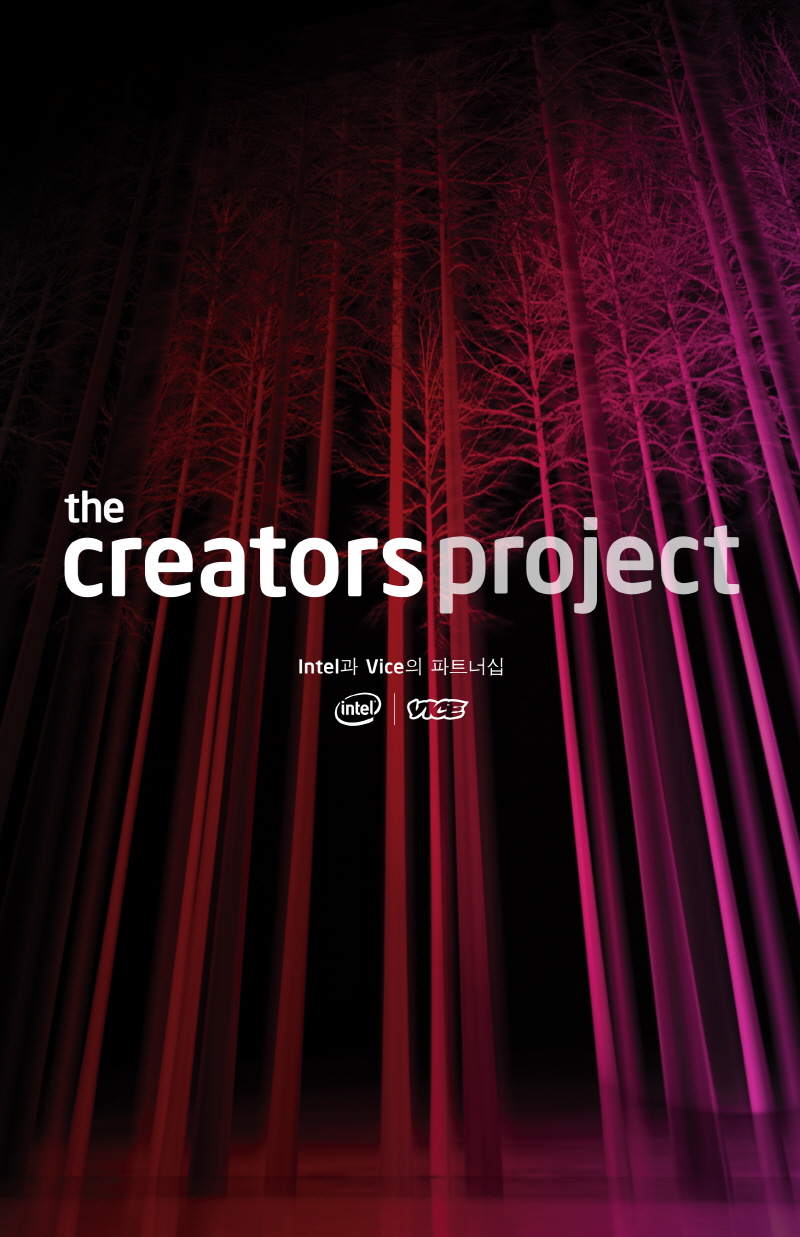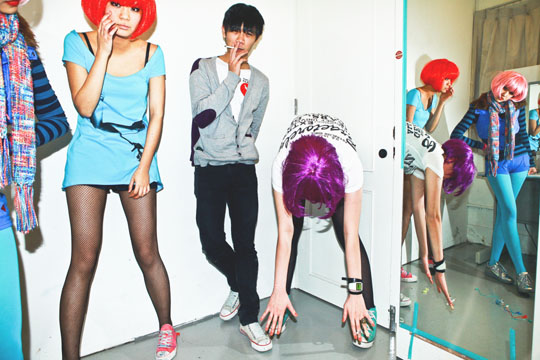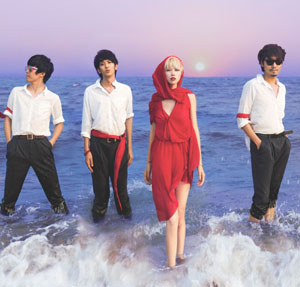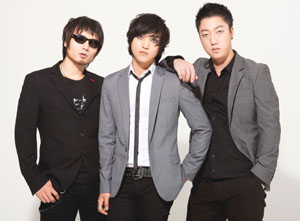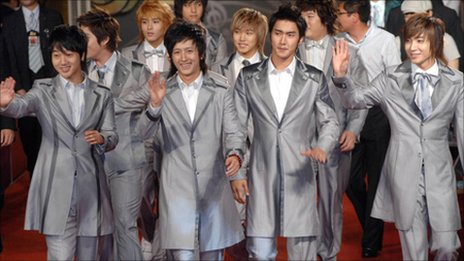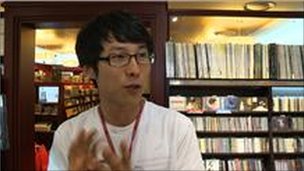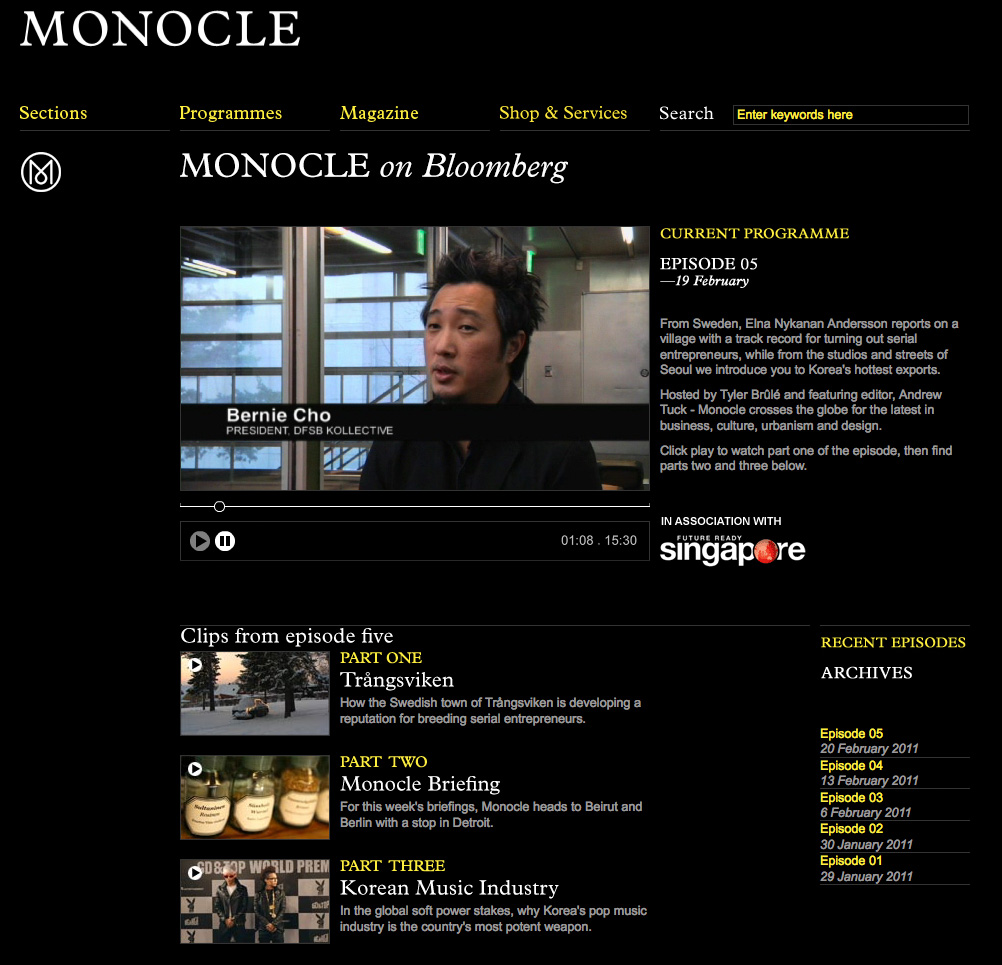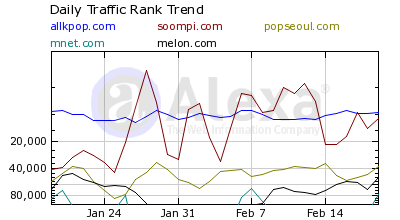The New York Times : Arts | Korea Rediscovers Its Rock 'N' Roll Soul
 Friday, October 21, 2011 at 8:33PM |
Friday, October 21, 2011 at 8:33PM |  DFSB Kollective
DFSB Kollective  (NEW YORK CITY USA) Shin Joong-hyun remembers the first time he took the stage 55 years ago in Seoul. Just 18, he had passed an audition for the U.S. Eighth Army and was selected to play top American hits to the troops. “I was too young to be scared,” the 73-year-old rocker said in a telephone interview, “so I just tried to do a good job.”
(NEW YORK CITY USA) Shin Joong-hyun remembers the first time he took the stage 55 years ago in Seoul. Just 18, he had passed an audition for the U.S. Eighth Army and was selected to play top American hits to the troops. “I was too young to be scared,” the 73-year-old rocker said in a telephone interview, “so I just tried to do a good job.”
Soon, he was playing 20 to 30 dates a month at U.S. military bases all over South Korea, songs like “Guitar Boogie Shuffle,” “40 Miles of Bad Road” and “Rock Around the Clock” — the first song Mr. Shin sang, instead of just playing guitar. “The soldiers seemed to like my guitar playing,” he recalled. “They were really enthusiastic and often asked for more solos.”
Bands that got their start rocking out on U.S. Army bases became the vanguard of a new music scene in South Korea. Mr. Shin was at the heart of it, creating bands, finding singers and writing many of the most memorable rock songs recorded in South Korea, especially from 1968 to 1975.
He has been called the godfather of South Korean rock. Mojo magazine likened him to Phil Spector for his ability to discover talent and create sounds. Mr. Shin’s sound was low-fi and psychedelic, freely mixing genres and, as time passed, it grew ever more wild. His albums typically had short, poppy songs, on the Aside, but side B was for Mr. Shin and the band, featuring free-flowing instrumentals up to 22 minutes long.
“The man was a revolutionary who mixed Western music such as rock, soul, and folk with the sound of traditional Korean music,” said Matt Sullivan, founder of Light in the Attic Records, an American boutique label that in September issued two retrospectives of Mr. Shin’s music.
A government crackdown in 1975, on rock music, marijuana and the counterculture in general, put an abrupt end to Mr. Shin’s career. Changing tastes hastened the public’s amnesia for his music, and he spent most of the next years in obscurity running a live music club. His albums finally began to be issued on CD in the mid-1990s, but there was little mainstream interest at a time dominated musically by teenage-oriented dance-pop and syrupy ballads.
But now, after decades of being mostly forgotten, the music from South Korea’s rock ’n’ roll heyday is more popular here than ever, reimagined and re-interpreted by a new generation of fans.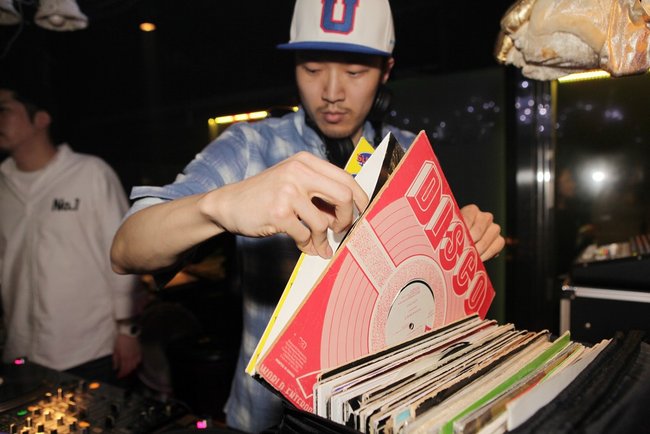 Park Min-joon, aka DJ Soulscape, is a fan of Korean music of the 1970s and ’80s (PHOTO by Aston ‘‘Husumu’’ Hwang)Park Min-joon, known as DJ Soulscape, is such a fan of the South Korean music of the 1970s and ’80s that he put together a mix CD called “More Sound of Seoul,” featuring 40 obscure and mostly forgotten funk and disco tracks. (Adhering to copyright law, however, means he can only give away the collection, not sell it.)
Park Min-joon, aka DJ Soulscape, is a fan of Korean music of the 1970s and ’80s (PHOTO by Aston ‘‘Husumu’’ Hwang)Park Min-joon, known as DJ Soulscape, is such a fan of the South Korean music of the 1970s and ’80s that he put together a mix CD called “More Sound of Seoul,” featuring 40 obscure and mostly forgotten funk and disco tracks. (Adhering to copyright law, however, means he can only give away the collection, not sell it.)
He scoured South Korea, hitting flea markets everywhere to build an impressive collection of 1,500 old vinyl albums that serve as the foundation for many of his retro-mixes. Mr. Park is enthused that interest in old Korean music is on the rise and said that more reissues were in the works. “I’m surprised at how much young people are into this music,” he said. “But for them, it’s not old music, it’s like something new.”
It’s not only Koreans who are interested in the sound. Mr. Park said D.J.s all over the world enjoy the genre-bending albums. He has spun his retro set in Los Angeles and New York.
Sato Yukie is also a fan of the era. A Japanese musician who fell in love with vintage South Korean music during a 1995 vacation to Seoul, he formed a Korean classic-rock cover band called Kopchangjeongol (named for a spicy beef-innards soup) and moved there in 1999. His band has released two records of covers. “There’s definitely a boom in the old songs going on now,” he said.
Mr. Sato’s bandmate, Yohei Hasegawa, is a guitarist and producer in South Korea, and had a hand in producing the latest album by one of the most important acts in the retro-revival, Chang Kiha and the Faces, a group that came from nowhere a couple of years ago to become one of the biggest bands in the country.
South Korea’s indie scene has long been tiny, but it began to change about 10 years ago when several young musicians, Mr. Chang among them, got together at the student music clubs at Seoul National University.
They formed a variety of minor bands, and, after graduating, four of them created BGBG Records in 2005. The label’s president, Go Geon, wasn’t interested in the music at first, but one of his bands introduced him to the old sounds, like Sanullim and Shin Joong-hyun.
“I didn’t like Sanullim’s unique amateurism,” Mr. Go said, “but I was impressed by their attempts at different genres, especially psychedelic rock.” It was an interest shared by several BGBG bands, such as Broccoli You Too?, Nine and the Numbers — who were co-founders of the label and fellow Seoul National students — and Chang Kiha.
By then, the Internet had ravaged the South Korean music market, leaving indie labels with less money than ever. BGBG’s first two releases did so poorly the label nearly shut down, but by 2007 it managed to release a few more records. To save money, they burned their own CDs and printed their own packaging.
Chang Kiha and the Face’s EP, released in July 2008, was the ninth boutique release for BGBG, but it was by far their biggest hit, thanks to a surprise explosion of Web interest and word of mouth. It was quirky, with witty lyrics and a folksy sound like something from the late 1970s. People loved it, particularly the single “Cheap Coffee,” with its electric guitar hook that quickly transitioned into a bossa nova-esque acoustic bounce. By February, without any marketing budget, BGBG sold 10,000 copies, all hand-burned.
Chang Kiha’s first full-length album, “Living a Nothing Special Life,” sold 52,000 copies — big numbers for an indie release in South Korea these days — and his second full-length album, released in July, is getting his best reviews yet.
장기하와 얼굴들 Chang Kiha & The Faces ‘그렇고 그런 사이 A Twosome’
“Chang’s combination of intelligent lyrics and a fresh sound oozes authenticity,” said Bernie Cho, the president of DFSB Kollective, a digital music distributor. “Plus he put together two of the best videos of the year. Low budget, but very clever.”
장기하와 얼굴들 Chang Kiha & The Faces ‘TV를 봤네 I Watched TV’
Then there are bands like Jambinai, which uses a mix of traditional instruments and f/x pedals to create a sound that is ancient but totally modern.
The Internet also helped Shin Joong-hyun find new audiences. Mr. Sullivan of Light in the Attic Records discovered Mr. Shin when a friend sent him a Youtube link of Kim Jung-mi playing her hauntingly beautiful song “The Sun.” “To say I was immediately mesmerized would be a massive understatement,” Mr. Sullivan said.
http://www.nytimes.com
By Mark Russell
A version of this article appeared in print on October 21, 2011, in The International Herald Tribune with the headline: Korea Rediscovers Its Rock 'N' Roll Soul.
Featured Artists : DJ Soulscape / Chang Kiha & The Faces
Featured Commentator : Bernie Cho [DFSB Kollective]

